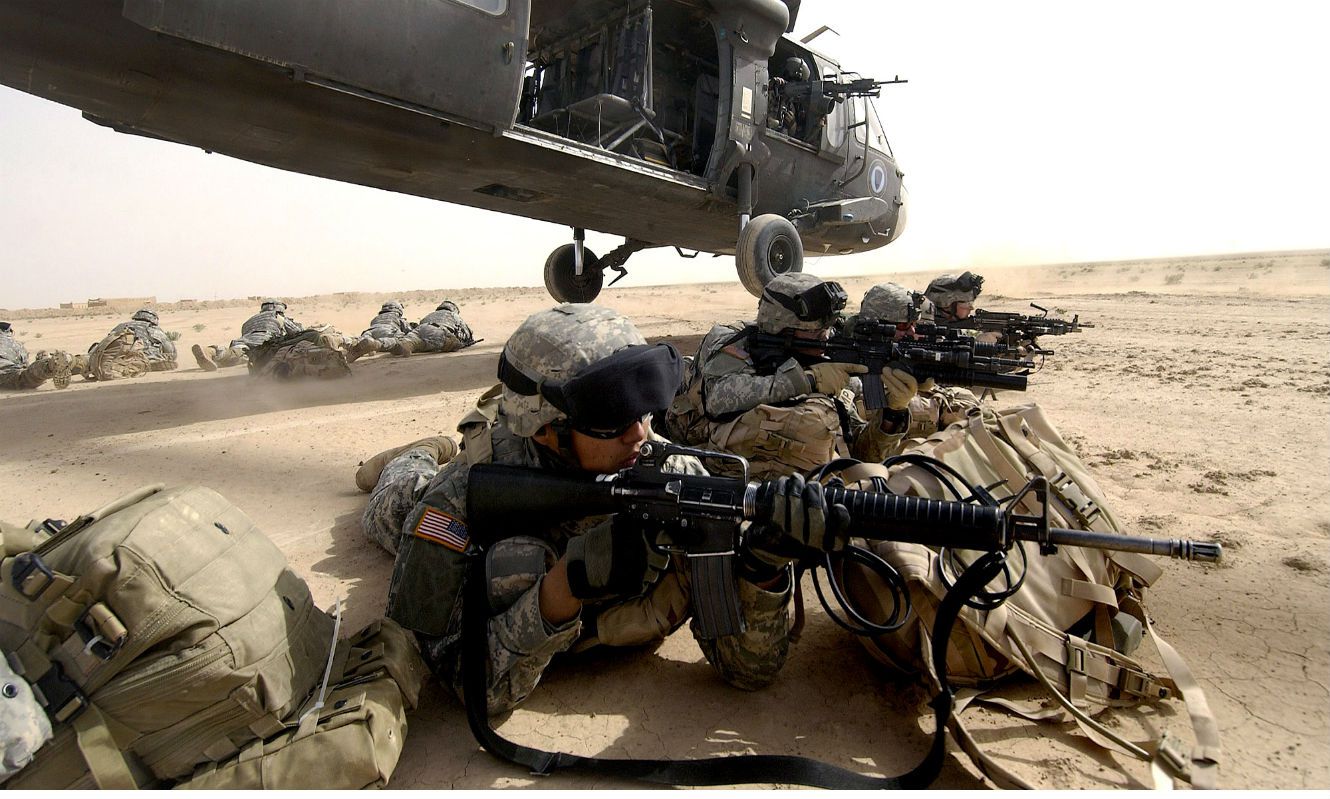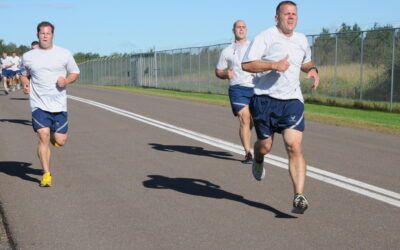EPISODE 3
ShootING: BEGINNER TO GOOD/GREAT

Mike and Jim talk about ways they learned and apply the fundamentals to shooting practice, specifically trying to bridge the gap from “beginner,” to “decent,” to “good.” We talk about ways to balance speed and accuracy, and some things to think about when you are trying to diagnose a problem or isolate certain variables to improve your ability to shoot. We talk about adding stress/pressure to our drills, how important it is to have a good coach or at least use slow motion video to carefully watch for mistakes, the benefits of dry fire, etc. Some firearms fundamentals flip on like a switch of a lightbulb, but sometimes you have to make incremental improvements until those individual elements compound on to each other and you really start to notice a difference. Finally, we want you to realize that anyone can become a “good” shooter, so you have to get it out of your head that some people have an innate gift or talent and you don’t.
We talk about a few books in the episode, here are the links:
Like what we’re doing? Head over to Patreon and give us a buck for each new episode. You can also make a one-time contribution at GoFundMe.
Intro music credit Bensound.com
CLICK BELOW TO SUBSCRIBE NOW ON YOUR FAVORITE PLAYER
THANK YOU TO OUR SPONSORS! PLEASE GO CHECK THEM OUT
Recent Episodes
What’s up with the beards? Setting and Enforcing Standards
Green Berets have to work with a different rule book than the troops guarding nuclear weapons—and for good reasons. We explore the balance between strict adherence to rules and the often necessary flexibility to go off-script in tactical operations and your organization’s culture.
“Your Children Are Not Safe”: DC Beltway Snipers
In October 2002, a 17 and 41 year old carried out a series of serial murders, killing 10 and wounding 3 others in what were described as random attacks against people doing every day tasks like pumping gas and mowing their lawn. We cover lessons from this large scale, multi-agency investigation with takeaways for individual cops and police leaders related to public relations, investigative rigor, and interagency cooperation.













0 Comments